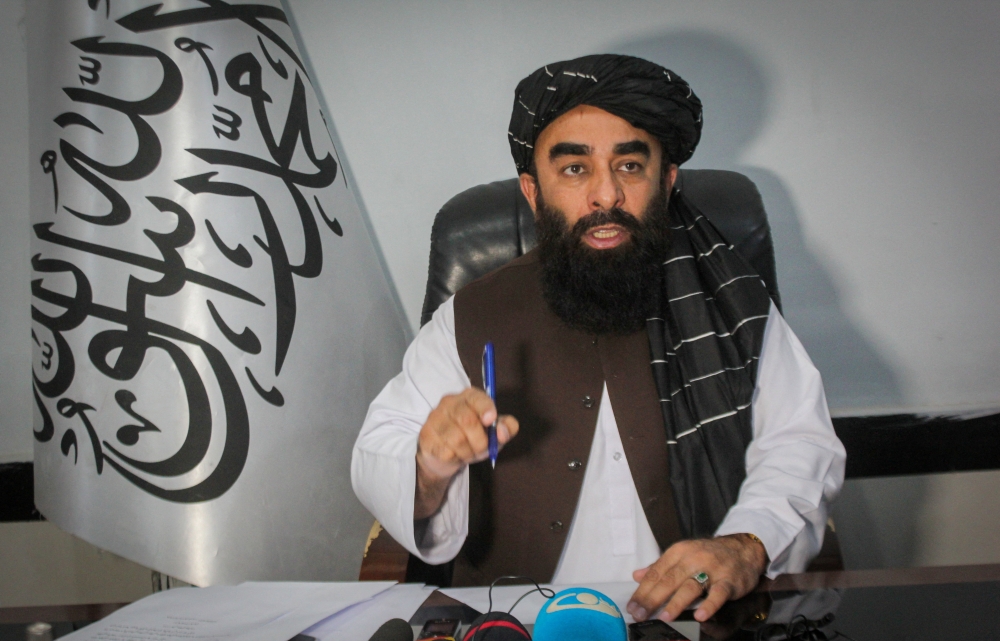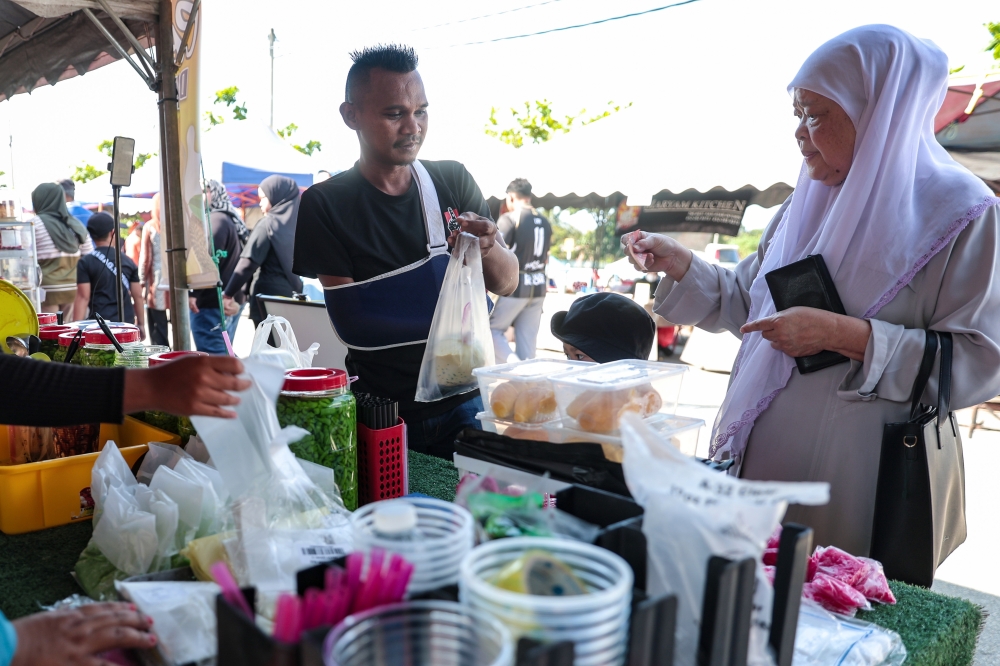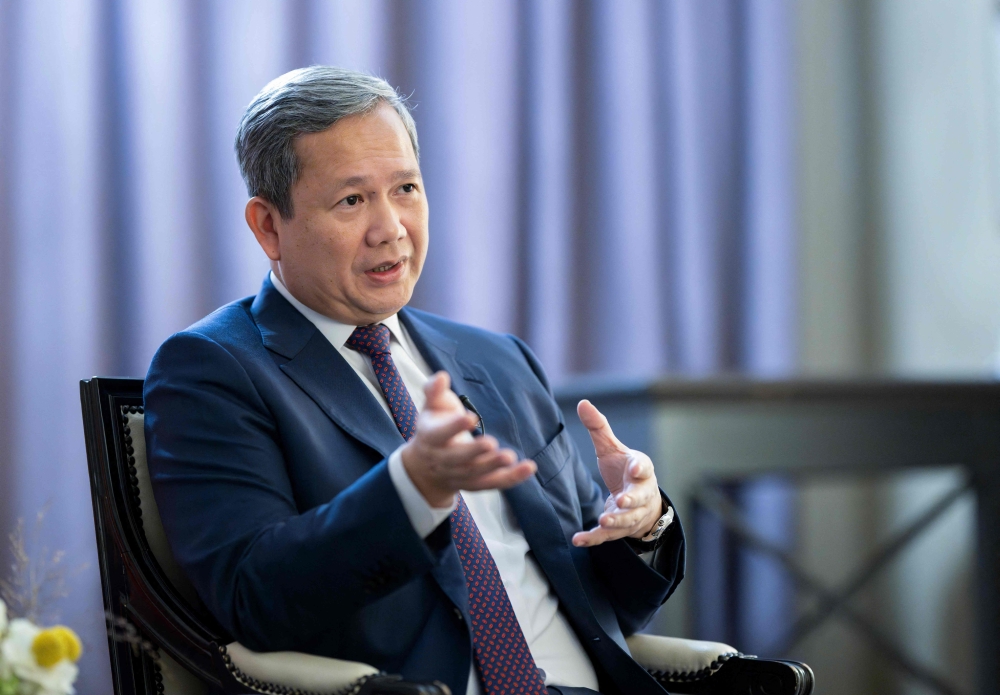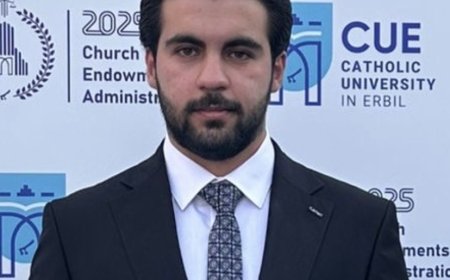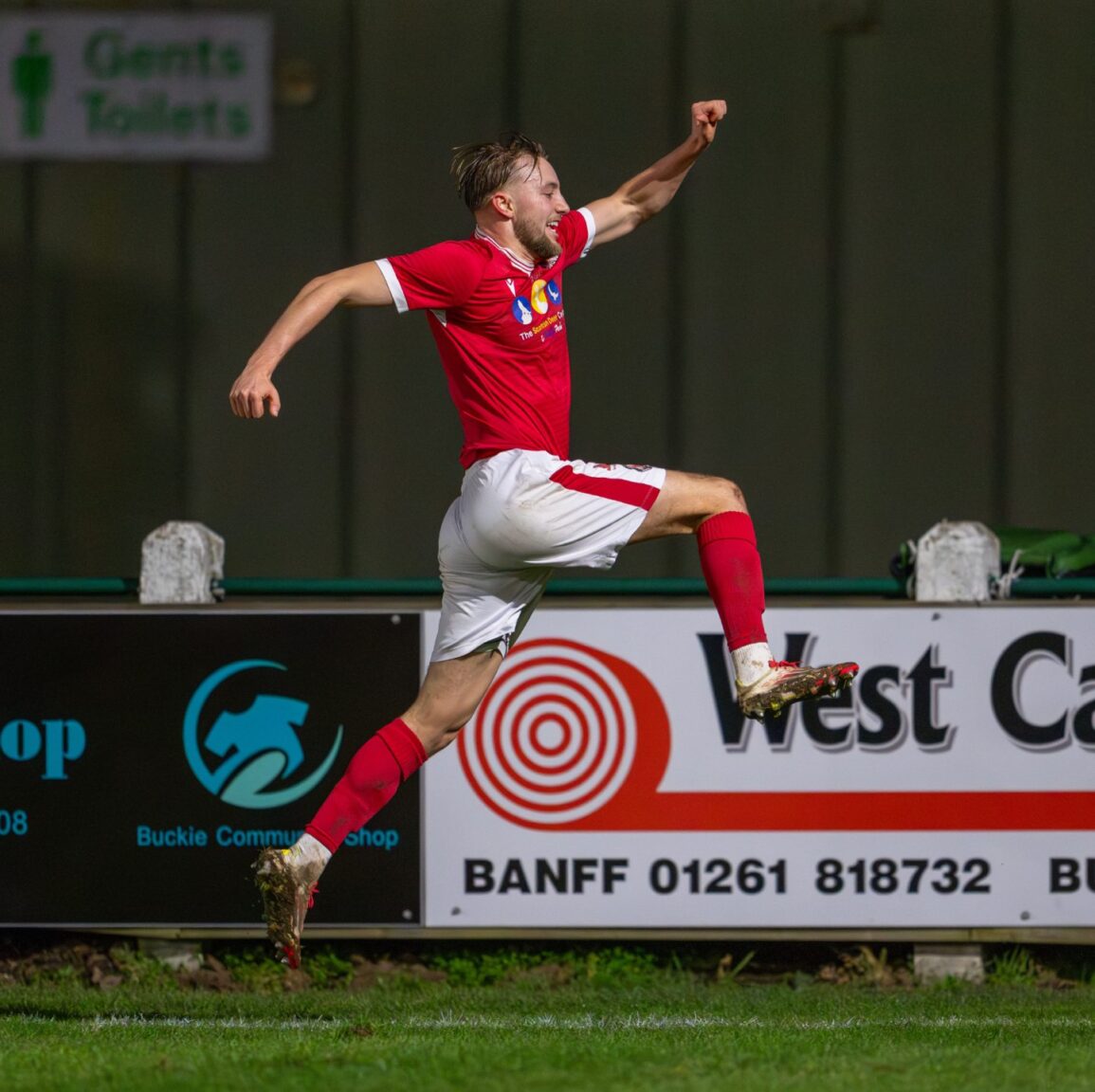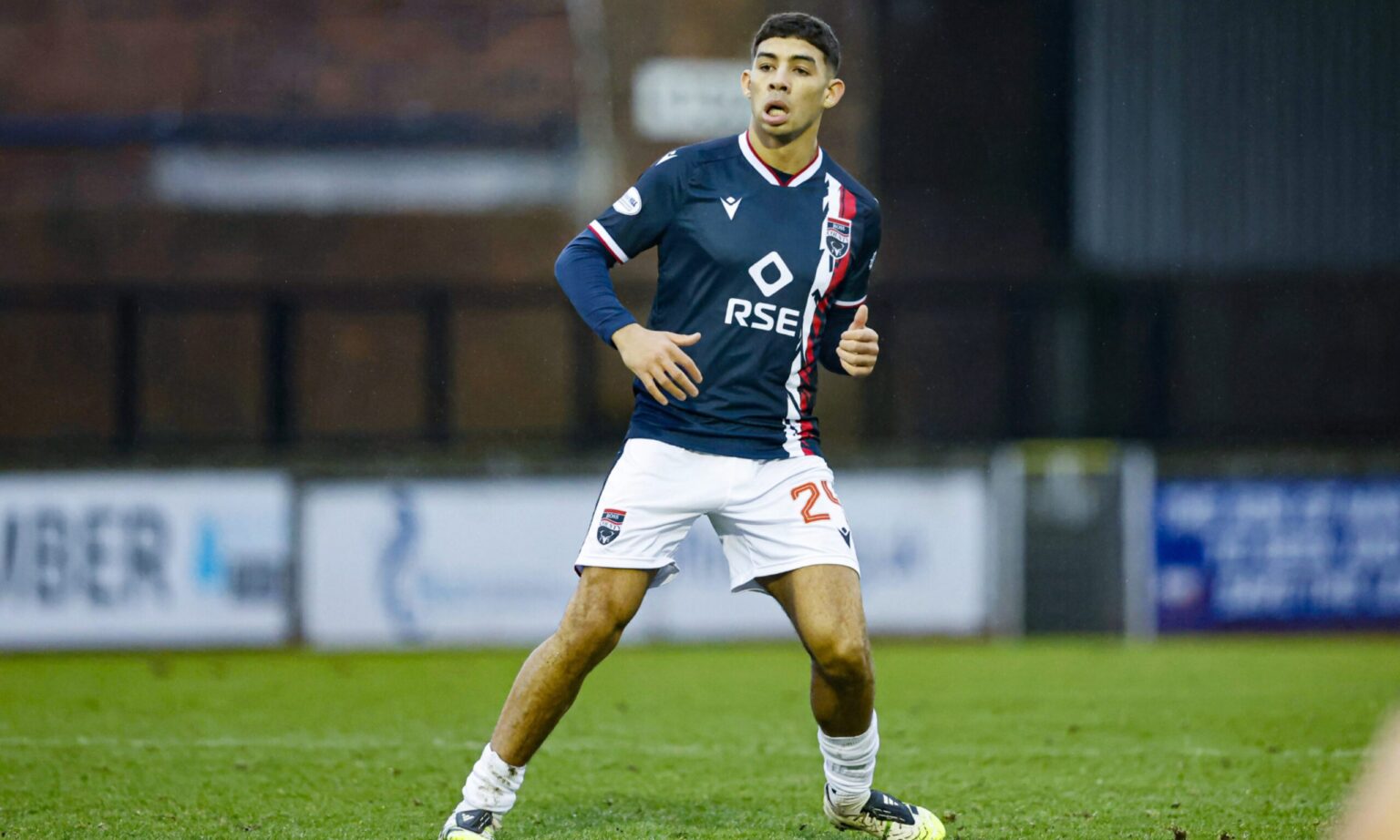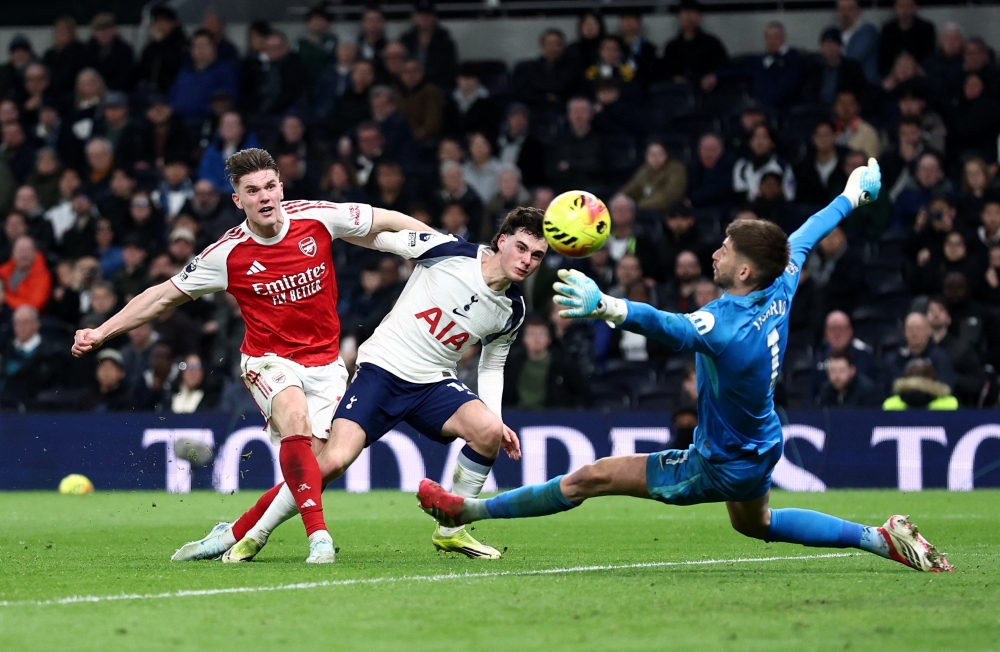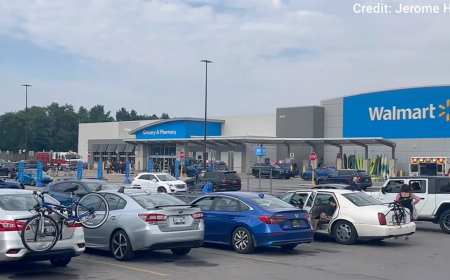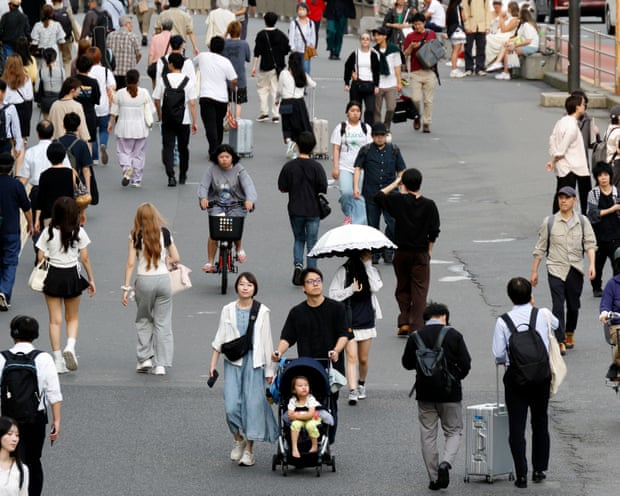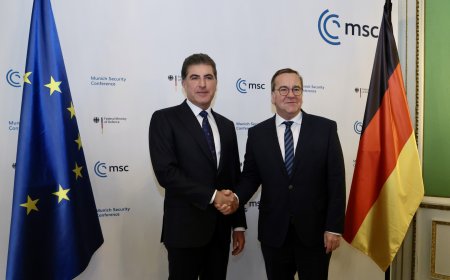Trump: Ukraine peace plan isn’t my final offer
"If I were President, it would never have happened."
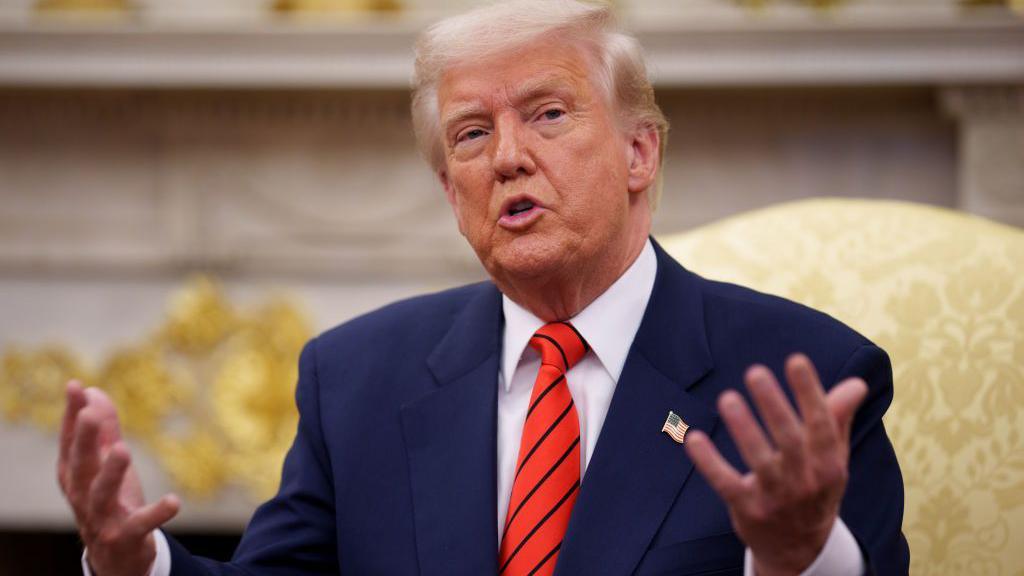
Donald Trump has signalled he is ready to make concessions to Ukraine after Sir Keir Starmer said America’s peace deal risked leaving the country open to Russian attack.
On Saturday, the US president said his 28-point proposal, under which Ukraine would surrender key territory and cut the size of its army, was “not my final offer”.
“We’d like to get to peace. It should’ve happened a long time ago... We’re trying to get it ended. One way or the other we have to get it ended,” he said.
Asked whether the plan, which was rejected by European leaders, was his final offer to end the war with Russia, he said: “No, not my final offer.”
However, Mr Trump added that if Volodymyr Zelensky, the Ukrainian president, did not accept the plan by the Thursday deadline then he could “continue to fight his little heart out”.
Sir Keir, alongside Friedrich Merz and Emmanuel Macron, the German and French leaders, criticised elements of the plan on Saturday, warning that it would force Ukraine to give up territory by force and leave it defenceless to further aggression.
Speaking at the G20 summit in South Africa, he said he was “concerned” about the idea of a military cap, arguing that it was “fundamental that Ukraine has to be able to defend itself if there’s a ceasefire”.
“Obviously, I think it should be done as soon as possible, but it’s got to be a just and lasting peace, and so we’ve got to get it right,” he added.
The British Government is concerned that if Ukraine is forced to give up a portion of its armed forces, it will be vulnerable to another surprise winter offensive by Russia this year.
Officials fear Russia could breach a peace deal, as it did in May, when it launched hundreds of drone and missile strikes during a three-day ceasefire.
A reduction in the number of Ukrainian military personnel, which currently stands at between 800,000 and 850,000 people, would make it easier for Russia to target the country’s critical energy infrastructure during the coldest months of the year.
That has long been a strategy of Vladimir Putin’s forces, who launched a brutal winter offensive in subzero temperatures over 2022 and 2023, in an unsuccessful attempt to claim the Donbas region in eastern Ukraine.
The US plan proposes a 600,000 personnel cap on Kyiv’s armed forces, the loss of three provinces to Russia, including Crimea, and Russia’s return to the G7, making it the G8.
As part of Mr Trump’s plan, Ukraine would not be allowed to host Nato troops and foreign fighter jets could only be stationed in Poland.
Mr Trump’s comments mark a shift from his previous position, that Mr Zelensky would “have to like” the peace deal. US officials have threatened to stop sending weapons and sharing intelligence with Ukraine if the demands are not met.
Putin told his security cabinet on Friday that he was willing to “show flexibility” but was also prepared to continue fighting.
The Russian leader said that “Ukraine and its European allies” were still “dreaming” of defeating Russia on the battlefield, but that his troops would take more territory by force if the deal was not agreed.
He said: “If Kyiv does not want to discuss President Trump’s proposals, and refuses to do so, then both it and the European warmongers must understand that the events that took place in Kupiansk [a recent victory for Russia] will inevitably be repeated in other key sectors of the front.”
Mr Zelensky is arguably in a weak negotiating position. The apparent impending fall of Pokrovsk, a road and rail link, would make the key Donbas garrison cities of Kramatorsk and Sloviansk more vulnerable.
Jonathan Powell, Sir Keir’s national security adviser, will meet European, Ukrainian and American counterparts, including Marco Rubio, the US secretary of state, and Steve Witkoff, the White House envoy, in Geneva on Sunday to discuss the future of the plan.
Mr Powell is expected to argue that Western countries cannot put any conditions on Ukraine’s ability to fight back, in case the ceasefire breaks down and Putin is handed a battlefield advantage.
That position, which is shared with other Western allies, suggests there is little confidence among Ukraine’s friends in Europe that Russia will keep to its promises after a deal is signed.
Western defence officials are, however, understood to be heartened by one of the suggestions in the US plan: to give Ukraine Nato-style security guarantees and assurances that an attack by Russia would be treated as an attack on the entire “transatlantic community”.
They are expected to tell Mr Rubio that the US cannot negotiate Nato-backed security guarantees without first consulting the rest of the alliance. Mr Trump’s plan would also ban Ukraine from joining Nato, despite support from member countries for offering membership after the war.
US sources told the website Axios that the deal would be a “collaboration” between the US, Ukraine and Russia and that the agreement might change.
Mr Zelensky, who has said his country faces a choice between losing its “dignity” by accepting Mr Trump’s plan or losing a key ally in the United States, spoke to Sir Keir twice on Saturday night, including a call also joined by Mark Carney, the Canadian prime minister.
Mr Zelensky said he and Sir Keir had a “long conversation and covered many nuances of diplomatic work in planning the peace process”.
“Co-ordination will continue, and I am grateful to the British society for their support,” he said.
The Ukrainian leader also echoed private concerns in European capitals by warning of a “third invasion” and “another blow to Ukraine” if he is not given security guarantees in any peace agreement.
Kirill Dmitriev, a Russian envoy who was briefed on the plan by Mr Trump’s team, has said he was more optimistic about the deal than previous attempts at a ceasefire because “the Russian position is really being heard”.
Mr Trump’s decision to consult Russia instead of Ukraine when putting together his plan has angered some European leaders, who felt blindsided when it emerged in news reports.
Friedrich Merz, the German chancellor, said he had spoken to Mr Trump and told him “the entire European continent” was at stake in the negotiations, while Donald Tusk, the Polish prime minister, warned that Russia “cannot impose its conditions on Ukraine and Europe”.
Emmanuel Macron, the French president, said Mr Trump’s peace plan “needs to be revisited,” arguing that it could undermine European and Nato sovereignty.
Sir Keir spoke to Mr Trump on Saturday evening and “relayed the discussions that have been taking place between Coalition of the Willing partners in attendance at the G20 summit”, a spokesman said. They are expected to speak again on Sunday.
The leaders of the Nordic-Baltic eight also said they had spoken to Mr Zelensky and would continue to support Kyiv and arm Ukraine to help fight Russian aggression.
The group of eight countries, which includes Demark, Estonia and Sweden, said that Ukraine is “ready to negotiate and, as stated by President Zelensky, is working on the document prepared by the US”, while Russia has “so far not committed to a ceasefire or any steps leading to peace”.
Marco Rubio, the US Secretary of State, insisted on Saturday evening that the peace deal was authored by Washington and based on input from both the Russian and Ukrainian sides, despite criticism.
“It is offered as a strong framework for ongoing negotiations,” he posted on X.
“It is based on input from the Russian side. But it is also based on previous and ongoing input from Ukraine.”
[Source: Daily Telegraph]


